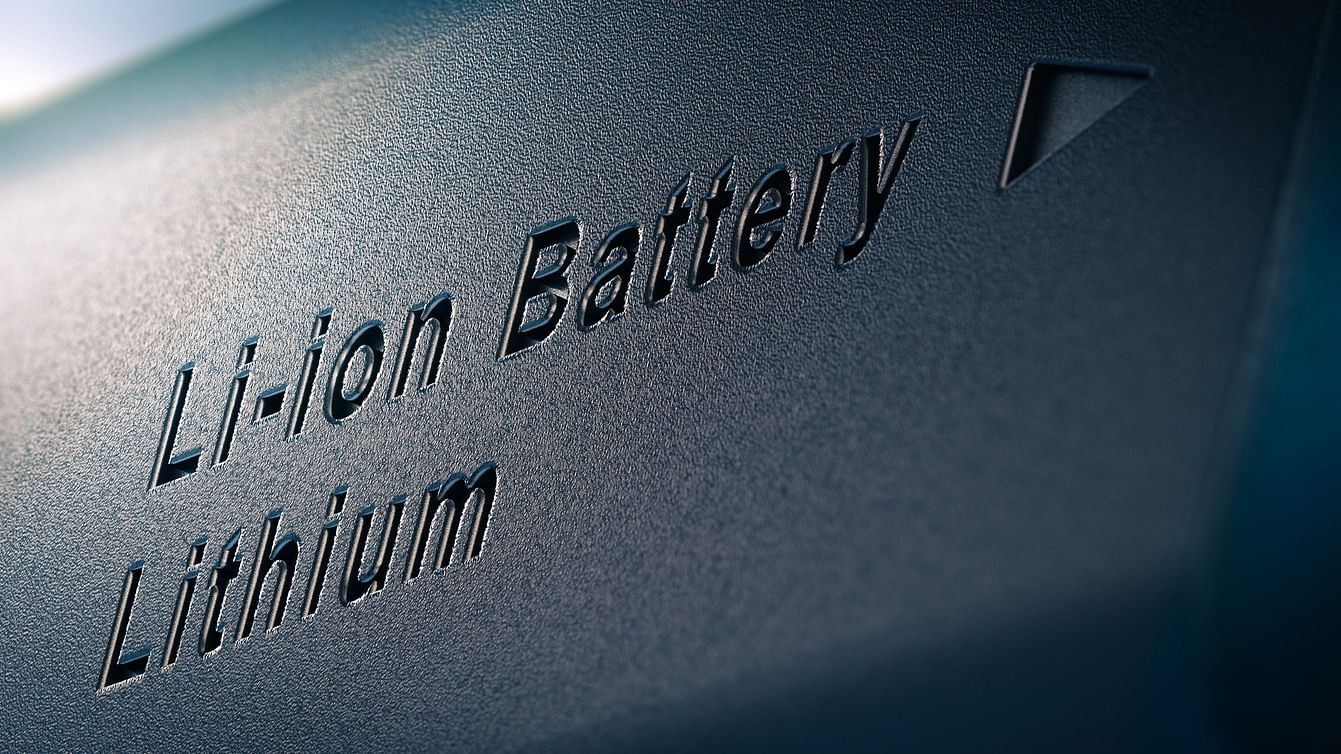
Credit: iStock Photo
Energy storage company NSure Reliable Power Solutions is setting up a lithium iron phosphate (LFP) cell manufacturing plant, to be used mainly in commercial electric vehicles, on the outskirts of Bengaluru which is expected to start pilot operations by January and the giga plant will be fully operational by November, with an initial investment of nearly Rs 1,100 crore, founder and chief executive Chandrakanth Ramalingam told DH.
“LFP is where commercial applications are predominantly moving due to the longer life cycle of the battery. The higher longevity makes it tougher to break even for personal-use vehicles. Moreover, LFP is optimal for tropical climates where batteries are more susceptible to overheating and the degradation factor on the cell level will be very high on other chemistries,” he said.
Energy storage is an up and coming sector in the country as a focus on sustainability through technologies like electric mobility gain ground. While the country has largely been dependent on foreign imports to fulfil demand, Karnataka is emerging as a hub for domestic companies to dip their toes into cell manufacturing.
The pilot factory will have an initial capacity of producing 1.5 gigawatts per year, which can be scaled up to 5 gw in the next five years.
NSure is targeting a turnover of Rs 1,300 crore in the next two years, with its production taking off and to break even two years after that. The company reported a revenue of Rs 60 crore in the previous fiscal, and is hoping for an almost 3x growth to Rs 175 crore in FY24.
The energy storage firm currently employs 150 staffers, which is expected to scale up to 1,300-1,800 once the plant is fully operational, based on the number of shifts and output requirements.
However, the entrepreneur highlighted a significant talent and educational gap this sector faces, which forces companies like his to tie up with institutions in India and abroad for training, ramping up expenses.
Another major gap he finds in procuring raw materials required for cell manufacturing where India is currently reliant on imports. But he is convinced the country will be able to achieve 95 per cent indigenisation in the next three years, once supply stabilises and costs come down.
In the absence of cell manufacturing plants, Ramalingam said NSure is open to tying up not just with original equipment manufacturers, but also labs to manufacture cells based on their own chemistries.
“Essentially, we want to become the Foxconn of cell manufacturing in India,” he said.